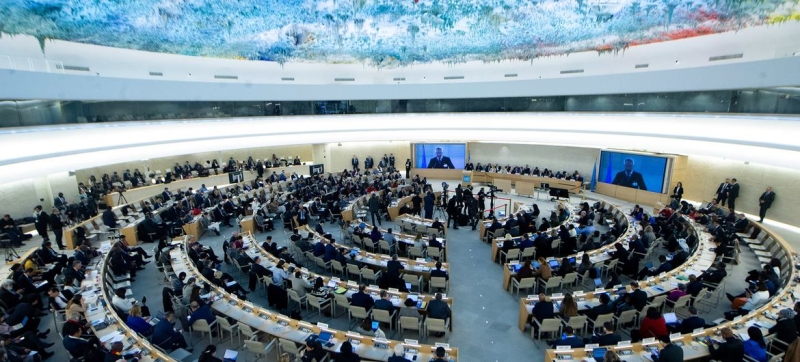
UN Human Rights Council session in Geneva. UN expert presents new platform for assessing impact of unilateral sanctions Human Rights
On Friday, on the sidelines of the 57th session of the Human Rights Council, the Special Rapporteur on unilateral coercive measures and human rights, Alena Dovgan, presented an online platform for monitoring and assessing the humanitarian impact of unilateral coercive measures.
The newly created innovative tool will allow one to observe how humanitarian indicators change annually compared to data collected before the introduction of unilateral sanctions, with a particular focus on years. The platform also allows one to see how the strengthening or weakening of sanctions pressure affects the situation.
“The impact monitoring and evaluation tool is unique,” Dovgan said. “Due to political differences between States, reliable monitoring and evaluation data can only be obtained through the UN, in order to collect information on specific indicators from all relevant sources, based on the principles of comprehensiveness, impartiality, transparency and verification.”
According to the Special Rapporteur, the project pursues only humanitarian goals and currently only covers States directly affected by unilateral sanctions. “In the longer term, it is intended to assess the impact of unilateral coercive measures, the means of their application and excessive compliance on all States, since even countries imposing sanctions suffer from their own measures,” she added.
Alena Dovgan called on States, international and regional organizations, national human rights institutions, civil society, academia and others to support the initiative and provide the information they have. This can be done on the platform itself.
Special rapporteurs, independent experts and working groups are part of the so-called Special Procedures of the Human Rights Council. They are not UN employees and do not receive a salary for their work. They are independent from any government or organization and serve in their individual capacity.
